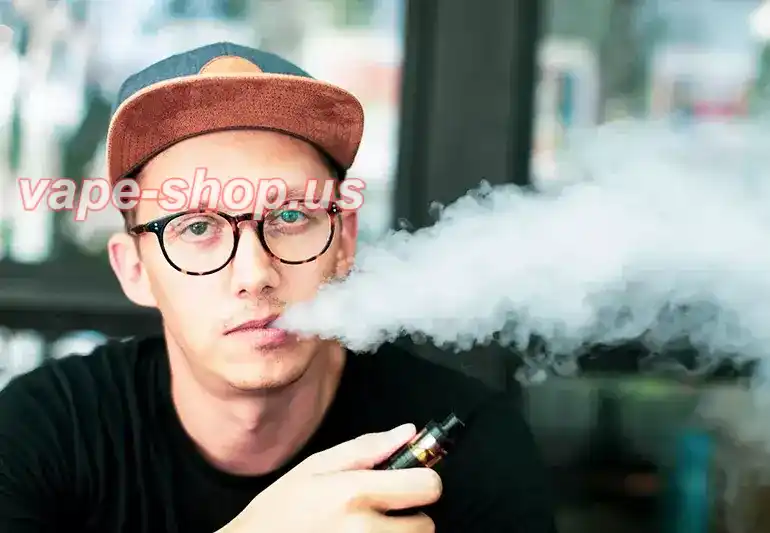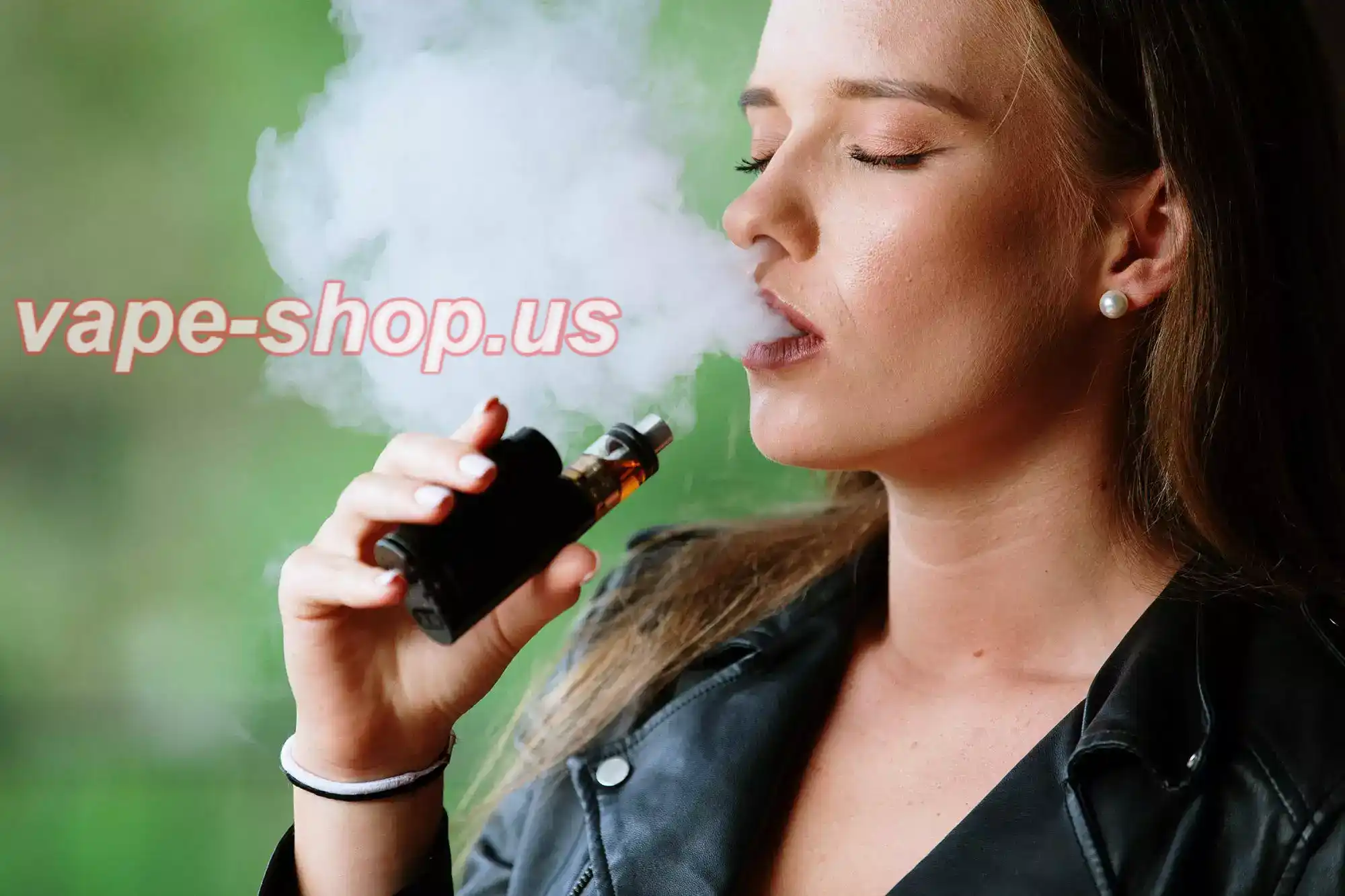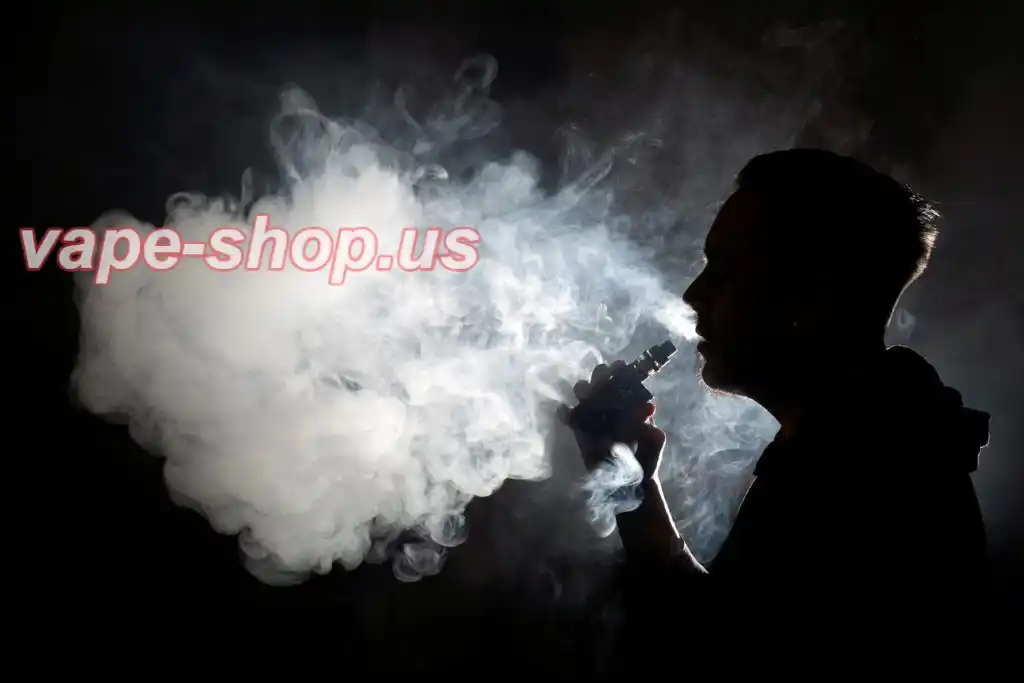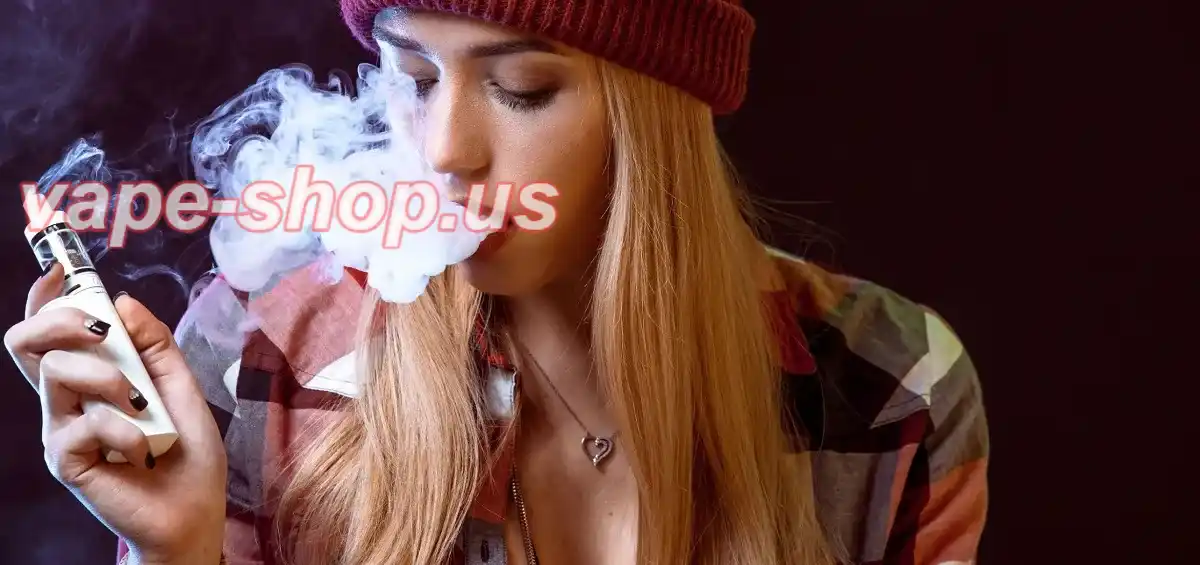Big Changes Ahead for Vape in the Philippines: New Laws Are Coming
Big Changes Ahead for Vape in the Philippines: New Laws Are Coming 🔥
Yo, vaping fans, get ready—things are about to change big time in the Philippines! The Department of Trade and Industry (DTI) just dropped some major news that’s about to shake up the whole vape scene over there. Starting this June, the Philippines is rolling out a new vape law that’s gonna change how everything from e-cigs to zero-nicotine vapes are imported, sold, and distributed. The new regulations aim to create stricter controls, especially for products entering the market from abroad. So if you're a fan of flavored vapes and have been getting your goods from the Philippines, listen up!
What’s Changing?
First off, all vapes—including those sweet zero-nicotine options—are gonna need to go through the DTI’s official certification process before hitting the shelves. That means every vape product, whether it's the newest mod or your favorite fruity flavor, has to have the Philippine Standard (PS) mark and Import Commodity Clearance (ICC) sticker before it can legally be sold. Without those, you're not getting your hands on them, no matter how awesome the flavor is.
In short: products must be approved, stamped, and cleared before they can make their way into the hands of customers. Pretty wild, right?
But that’s not all. The Bureau of Internal Revenue (BIR) is stepping up its game too. Starting next week, they're going to slap tax stamps on all vape products, similar to what they’ve been doing with tobacco and alcohol. This is part of the country’s efforts to keep shady, non-compliant products off the streets and make sure everything is taxed properly. This new move is aimed at making sure that no unregulated vapes sneak into the market. If you’ve been seeing some sketchy vape products, that’s probably about to change. 🚫
Who’s Affected? 🤔
So, who exactly is feeling the heat with these new laws? Well, it’s the companies that deal in vapes, disposable vapes, and flavored vape liquids. The government wants them to get in line, register their products, and make sure they’re following the rules. At least three companies have already put in their applications, and the DTI is urging others to do the same ASAP. If you’re hoping to get your vape fix in the Philippines, here’s what you need to know:
- The deadline to register is coming up fast.
There’s a six-month transition period, but come January 5, 2025, any vape product without proper registration, the PS license, or the ICC sticker will be banned from the market. That’s right, no more easy access to your favorite flavors unless it’s through the right channels. This means the days of buying unregulated stuff are numbered. - Why does this matter?
For consumers, this could mean fewer options at first. It might get trickier to find your go-to flavors, and you might have to deal with higher prices. But, if the law works like it’s supposed to, the end result will be a safer, more regulated market where you can trust the quality of your vape products.
Why Is This Happening?
The big question: why is the Philippines tightening the screws on vaping now? Well, let’s break it down. The country’s vape laws haven’t exactly worked out as planned. In fact, many experts argue that they’ve actually made the problem worse.
Back in 2022, the Philippines passed the E-Vape Law, which aimed to regulate everything from nicotine vapes to heated tobacco products. The law even lowered the legal vaping age from 21 to 18 and allowed online sales, which seemed cool at first. But here’s the kicker: it made vaping way more accessible to teens. Young people love the fact that they can easily buy vapes online, and with all those tempting flavors, it's no wonder that more and more students are picking up the habit. 🤷♂️
In fact, a lot of teens have said they’re into vaping because it’s easier than smoking cigarettes. Some of the top reasons students vape include the convenience of buying online (32% of users), the cool and tasty flavors (22%), and the belief that vaping is “safer” than smoking (17%). Of course, it’s not as simple as that.
Experts are starting to think that vaping, especially with those appealing flavors, is just as harmful as smoking traditional cigarettes, if not more so. And with the influx of online sales and fewer restrictions on public advertising, vaping has become an epidemic among younger generations.
The Problem with Smuggling 🚨
But it’s not just about protecting the youth—there’s also a serious financial side to this. Smuggling is a HUGE issue, and it’s costing the country a ton of money. The BIR has recently revealed some major busts: in February, they caught a smuggling operation that was evading over 1.2 billion Philippine pesos (around $21 million) in taxes. Then, just a few months later, another bust led to the seizure of over 63,000 vapes, and the government estimates the tax loss from this one could be as high as $2.6 million. Smuggling like this means lost revenue for the country, and the government’s cracking down hard.
What Does This Mean for the Market?
So now that we know the government is cracking down on smuggling and tightening regulations, what’s gonna happen to the vape market? Well, it’s still early to tell, but if the new law goes through smoothly, we could see a pretty big shift.
First off, expect the market to be a bit more regulated. That means only products that meet the DTI’s standards will make it to consumers, and the black market is about to take a serious hit. Vape fans might have fewer brands to choose from, and prices could go up as a result of stricter controls and taxes. But if it all works out, the Philippine vape market could become a lot safer, with better-quality products available. That’s good news for those who care about what they’re inhaling.
However, there’s another angle to consider: the export market. According to recent data, exports from the Philippines are already starting to dip. In March, the country saw an 82% drop in export value, and volume is down by about 37% compared to the previous year. This could be a sign that the new laws and tax regulations are making international companies hesitant to ship to the Philippines.
What’s Next?
The Philippines is officially entering a new chapter for vaping. The rollout of these new laws, set to kick in this June, will likely make a big splash in the country’s vaping culture. We’re gonna be keeping an eye on how these changes impact both the local market and the international scene.
The next few months are crucial for companies trying to get their products in line with the law. Those who wait too long to register might find themselves out of business by 2025. So if you’re a vape lover in the Philippines, it’s time to brace yourself for a bit of a shake-up. The government is coming for the smuggling operations, tightening up regulations, and making sure the market is safer for consumers.
In the end, it’s all about finding balance. The government wants to crack down on unregulated products and keep the young ones from falling into unhealthy habits, while still offering the best vapes out there. Whether this will work as planned, though, is something we’ll have to wait and see.
Philippine Vape Industry Gears Up: What the Latest Certification Update Means for Companies and Consumers
As the global vape industry continues to evolve, one of the most significant regulatory moves recently came from the Philippines. With the rise in popularity of vape products, particularly among younger consumers, the government is stepping up efforts to control the market. The Department of Trade and Industry's Bureau of Philippine Standards (DTI-BPS) has just unveiled a crucial update on the certification of vape products in the country. According to the DTI-BPS website, two companies have successfully received the PS (Product Standard) Certification, which is vital for ensuring compliance with national standards.
Venture Technocom and Shenzhen Adwell Technology are the two pioneers that have made it through this new certification process. And while this may seem like a small step for now, it’s a big deal for both local consumers and international brands hoping to break into the Philippine market. So, what exactly does this new certification system mean for the Philippine vape industry, and how is it shaping up for the future?
A Peek Behind the Certification Curtain
First, let’s break down what this PS Certification is all about. At its core, the certification focuses on the Import Clearance Certificate (ICC), which is required for all vape products entering the country. In short, this means that any vape product that makes its way onto the shelves in the Philippines needs to meet strict import and safety standards. As we’ve seen with other countries like the United States, the growing number of youth vape users has driven the need for more stringent regulations, and the Philippines is no exception.
Venture Technocom has scored two PS Certifications for two different authorized importers, while Shenzhen Adwell Technology has earned one. This signals a couple of key takeaways: first, for vape products to make it into the Philippines, they need to pass through import clearance procedures, and each product can be certified only by a single authorized importer. So, if a product is being introduced to the market by more than one company, each one must apply for certification separately.
Second, the Philippines isn’t showing a strong preference for specific types of vape products just yet. For example, some of the latest products that have been certified include the IQOS heated tobacco products, which belong to the "heat-not-burn" category, and single-use disposable vapes with a whopping 12,000 puffs. This suggests that the country is not playing favorites, at least not in the early stages. The focus, rather, is on ensuring that products comply with safety and quality standards, regardless of whether they are part of the traditional or disposable category.
Finally, the most interesting part of the update comes with the high approval rate for companies applying for this certification. According to the latest data from the DTI-BPS, by May 29th, three companies had already received approval, which shows that the process is moving quickly and smoothly. This could be a sign that the Philippines is open to supporting businesses that meet the necessary standards and that the barriers to entry aren’t as high as initially feared.
What About the Companies Behind the Certification?
Let’s take a closer look at the companies that have already made it through the certification process.
Venture Technocom, based in Singapore, is one of the leading manufacturers in the vape industry. In fact, the company is one of the two major manufacturers for the IQOS heated tobacco system, with the other being Flextronics. Venture Technocom is backed by a robust supply chain, which includes major partners like Minglida and YQ Tech, both of which are involved in the production of its products. The certified products include the IQOS ILUMA PRIME, ILUMA, and ILUMA ONE—three devices from the same generation. While these products may not be for sale in the Philippines right now, their certification indicates that the country’s market is ready for high-quality heated tobacco products.
On the other hand, Shenzhen Adwell Technology is a newer player in the industry, having been founded in 2019. Specializing in disposable vape products, Adwell has quickly made its mark with its official brand, Supbar, and its OEM/ODM services. Its certified products include the GRIPBAR, GRIPBAR PV, and GRIPBAR FREEZY—three variants of a disposable vape device with a sizable puff count of 12,000 puffs. These devices are priced reasonably in the Philippines, ranging from PHP 380 to PHP 450, making them an appealing option for both regular vapers and those new to the scene.
What’s even more exciting for Adwell is that the company has already registered part of its trademark in the Philippines, which further solidifies its commitment to the local market. According to Philippine vape e-commerce platforms, the GRIPBAR series is already generating buzz, thanks to its sleek design and long-lasting battery life.
The Certification Process: What’s Next for Philippine Vape Companies?
It’s clear that the Philippine government is tightening regulations around the vape industry. However, despite the stricter oversight, the certification process seems manageable for businesses that are willing to meet the standards. For example, products must undergo a certification process to ensure that they meet health and safety standards, and the PS certification itself is valid for three years. Before this period ends, manufacturers must apply for renewal.
This relatively straightforward process is in line with the Philippine government’s aim to curb illegal vaping products flooding the market—especially those that may be smuggled in and are often lower in quality. By requiring certification, the government is looking to reduce lost tax revenue from illegal imports while also providing consumers with access to safe and high-quality products.
While the Philippines is still adjusting its regulatory approach, the PS certification process is a positive sign for both local and international brands that wish to enter the market. As of now, the process doesn’t seem overly difficult, but the government is making it clear that only certified products will be allowed in, which will help clean up the market over time.
What’s Coming Next for Vape Enthusiasts in the Philippines?
So, what can consumers expect in the coming months and years? With the introduction of more and more certified products, Philippine vape enthusiasts will have a broader selection of premium options. As manufacturers continue to submit products for certification, we can expect a more diverse and competitive market, with both heated tobacco and disposable options hitting the shelves.
Moreover, the certification process could lead to more innovation in the industry. With the introduction of new flavors and enhanced device technologies, it’s likely that brands will push the envelope to meet the needs of their customers. Young consumers, in particular, are always on the lookout for new and exciting products, so expect to see more experimental flavors and unique designs coming to market.
In short, the vape industry in the Philippines is on the brink of a transformation. With the PS certification now in place, the market is set to grow while ensuring that consumers can access safe and high-quality products. While there’s still much to be done, this first batch of certified products signals a bright future for the Philippine vape industry. And for the millions of young vapers in the country, the game is about to get even more interesting.
Meanwhile, for those looking for an exciting disposable vape experience, Off Stamp Vape and the Geek Bar Pulse Vape Frozen Edition are becoming increasingly popular options, offering unique flavors and a satisfying experience.


Vape Reviews